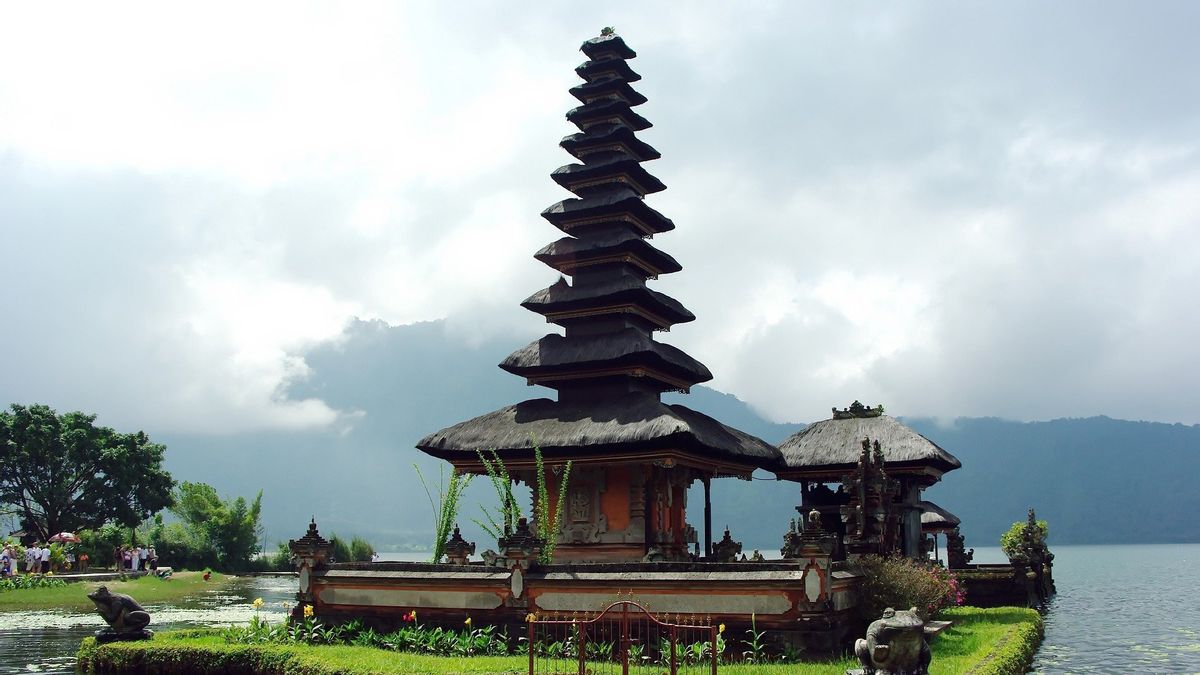JAKARTA - Deputy Chairman of the Indonesian Chamber of Commerce and Industry for National Entrepreneur Development, Arsjad Rasjid, stated that the recovery of the tourism sector in the country requires cooperation, innovation and coordination with all related parties.
In the past year, the government has implemented policies in the form of a stimulus program to support the recovery of the tourism sector affected by the COVID-19 pandemic, including grants, interest subsidies, credit restructuring, and tourism people's business credit (KUR).
"Entrepreneurs appreciate the Government's concrete steps in restoring the tourism industry. Tourism is the lifeblood of the national economy, apart from the oil and gas sector. In fact, the COVID-19 pandemic has stopped the pulse of tourism in Bali which was once so vibrant, ”said Arsjad as quoted by Antara, Saturday, April 17.
Arsjad, who is also a Candidate for Chairman of the Indonesian Chamber of Commerce and Industry for the period 2021-2026, assesses that it is appropriate to provide grants of Rp. 3.3 trillion for the tourism sector, of which Rp. 1.18 trillion is allocated for the Bali tourism sector.
However, he warned that the distribution of aid had to be precise, so that its use was directed and as expected.
Currently, there are 34 million workers in the tourism and creative economy sectors affected by the COVID-19 pandemic. Many business actors and creative industries have gone bankrupt and not a few have been forced to terminate their employment (PHK).
"The COVID-19 pandemic forces businesses in the tourism sector and creative economy to survive and innovate. Currently, vaccination is the hope of all of us. "In 2021, the tourism sector must rise from adversity," he said.
According to Arsjad, Bali tourism must be saved, because the main source of income for Bali Province comes from tourism and the creative economy. Before the pandemic, the number of foreign tourists visiting Bali reached 6.5 million people and domestic tourists 10.5 million people.
"These factors must be taken into consideration to revive tourism in Bali," explained Arsjad.
On the other hand, Arsjad also appreciates the policy of the Financial Services Authority (OJK) to encourage the Association of State-Owned Banks (Himbara) to channel working capital to sectors affected by the pandemic, such as tourism, hotels and restaurants.
"I am optimistic that the OJK policy along with the stimulus from the government and Bank Indonesia will maintain the stability of the national financial system," he said.
The English, Chinese, Japanese, Arabic, and French versions are automatically generated by the AI. So there may still be inaccuracies in translating, please always see Indonesian as our main language. (system supported by DigitalSiber.id)













